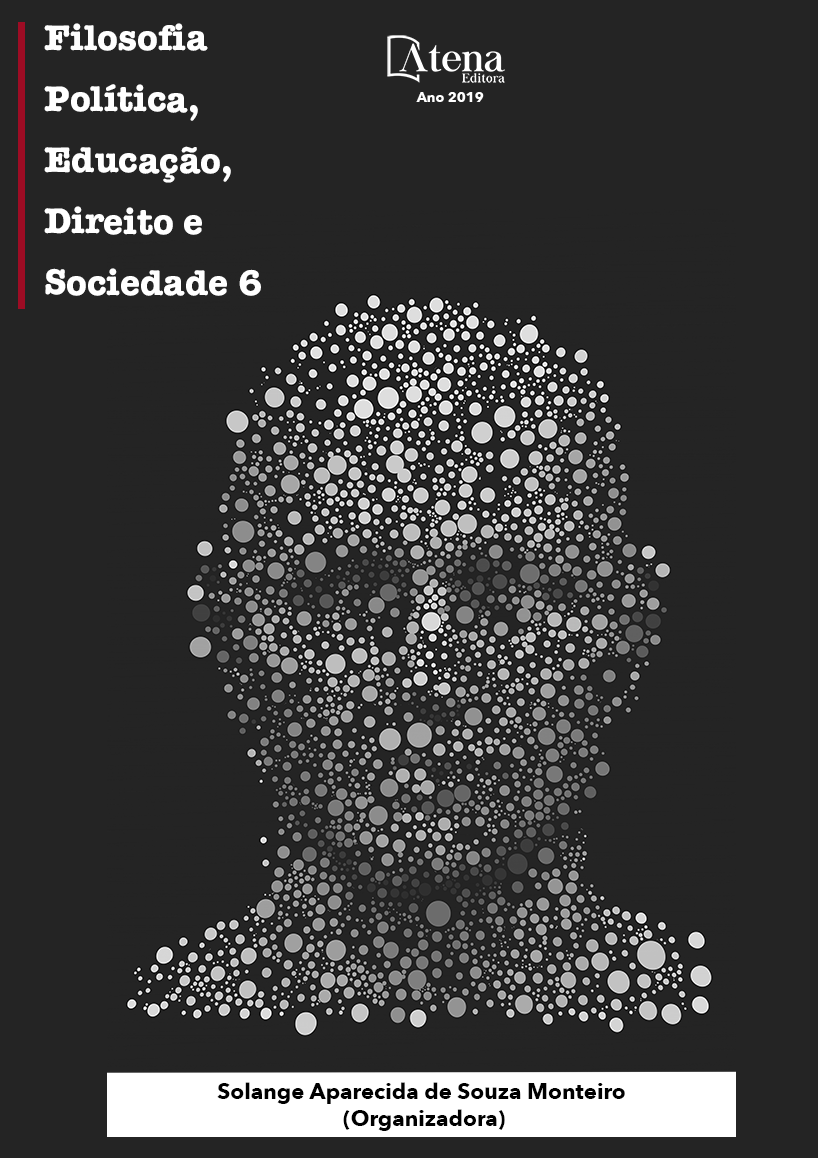
FORMAÇÃO DOCENTE: SABERES E DILEMAS
Vivenciamos um período
permeado por discursos e reflexões no
cenário educacional que trazem para o cerne
da discussão a formação docente. Tendo em
vista esta recorrente constatação, é importante
interrogarmo-nos sobre as concepções de
formação apresentadas na literatura. Quais
elementos constituem a prática docente? Quais
os dilemas presentes na formação docente?
Nessa perspectiva, temos como objetivo realizar
uma sucinta periodização sobre a formação de
professores no Brasil; apresentar abordagens
teóricas acerca da formação docente; discorrer
sobre alguns elementos constitutivos da ação
docente e refletir sobre dilemas da formação.
Utilizamos como aportes teóricos, Anastasiou
(2003), Saviani (2010, 2012), Morin (2012),
Nóvoa (1995,2011) e Tardif (2013) dentre
outros. Ancorados nos aspectos apresentados,
consideramos salutar discorrermos brevemente
sobre a educação destacando a ausência
ou presença de formação docente numa
perspectiva histórica. Portanto, é pertinente
refletirmos sobre o que vem a ser formação
de professores? Haja vista, que é algo que
interfere de forma significativa no ambiente
educacional, fornecendo subsídios para que
o professor durante o seu fazer pedagógico
utilize os elementos advindos das reflexões
e socializações teóricas e metodológicas a
fim de realizar uma ação docente dotada
não apenas da cientificidade presente
nas teorias educacionais, mas articulá-las
com o conhecimento construído no âmbito
sociocultural. É importante acentuar que o
elemento ensinagem deve ser considerado
imprescindível para construção e difusão
dos conhecimentos científicos e das práticas
educativas. Nesse panorama, compreendemos
que a base dos conhecimentos do ensino não
prove apenas dos conhecimentos científicos.
Os saberes são vários, são complementares e
interdependentes.
FORMAÇÃO DOCENTE: SABERES E DILEMAS
-
DOI: 10.22533/at.ed.9951904029
-
Palavras-chave: Educação; Formação; Docente
-
Keywords: Education. Formation. Teacher. Educational Practice.
-
Abstract:
We experience a period permeated
by discourses and reflections in the educational
scenario which bring the teacher formation
to the heart of the discussion. In view of this
recurrent finding, it is important to ask ourselves
about the conceptions of formation presented
in literature. Which elements constitute the
teacher practice? Which dilemmas present in
teacher formation? In that perspective, we have as aim to achieve a brief periodization
on formation of teachers in Brazil; to present theoretical approaches about teacher
formation; to discuss over some constituent elements of the teacher action and reflect
on the dilemmas of the formation. We used as theoretical contributions Anastasiou
(2003), Saviani (2010, 2012), Morin (2012), Nóvoa (1995, 2011) and Tardiff (2013)
among others. Anchored in the aspects presented, we considered it salutary to talk
briefly about education highlighting the absence or presence of teacher formation in a
historical perspective. Therefore, is it pertinent to reflect on what constitutes formation
of teachers? There is a view that is something which interferes in a significant way
in the educational environment, providing subsidies for that the teacher during his
pedagogical practice uses elements coming from theoretical and methodological
reflections and socializations in order to achieve a teacher action endowed not only of
the present scientificity in the educational theories, but articulating them with knowledge
built in the sociocultural sphere. It is important emphasize that the teaching element
must be considered indispensable for the construction and dissemination of scientific
knowledge and of the educational practices. In that panorama, we comprehend that the
basis of teaching knowledge does not prove only of the scientific knowledge. There are
lots of knowledge, and they are complementary and interdependent.
-
Número de páginas: 15
- Farbênia Kátia Santos de Moura
- DANIELA FERNANDES RODRIGUES


